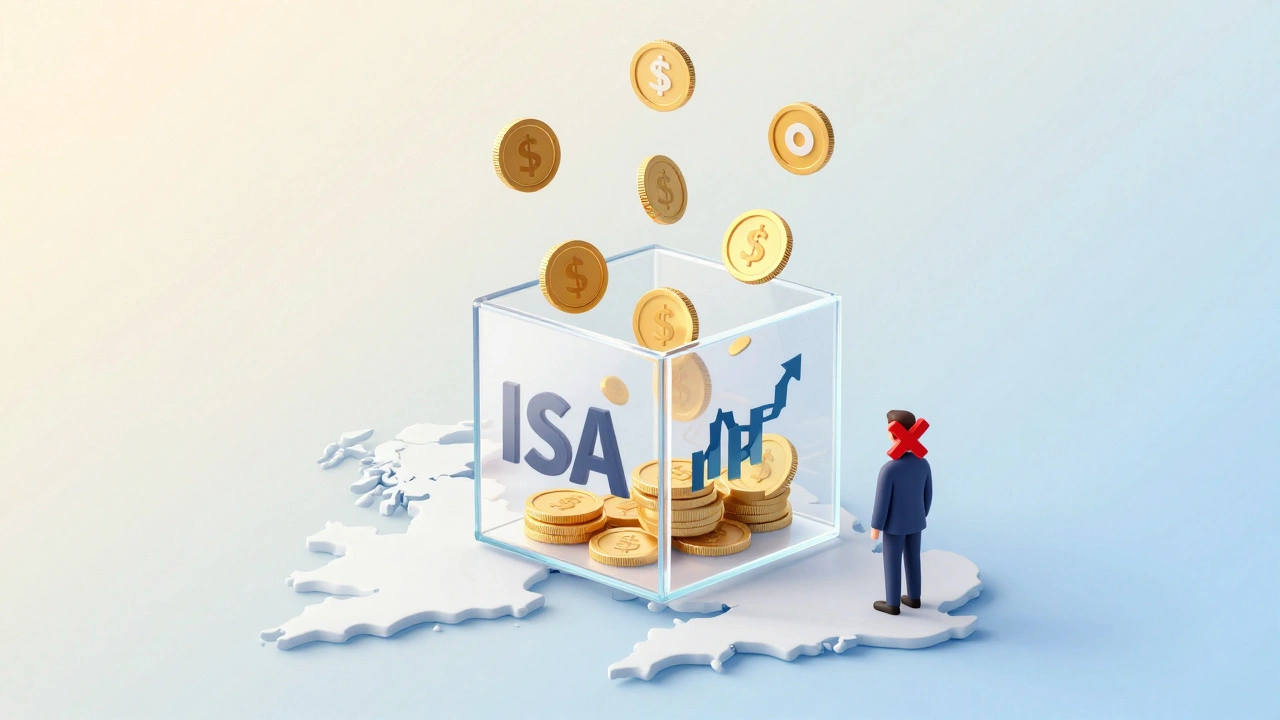If you’re looking for ways to keep more of what you earn, tax‑free savings are the first place to start. In the UK the government offers several accounts that let you earn interest, dividends, or capital gains without a tax bite. The biggest player is the Individual Savings Account (ISA), but there are other options too. Below we’ll break down the main types, who they’re best for, and simple steps to get started.
An ISA lets you save or invest up to a set limit each tax year and any earnings stay tax‑free. For the 2024‑25 tax year the limit is £20,000. You can split that across different ISA “buckets” – cash ISA, stocks & shares ISA, Lifetime ISA, and Junior ISA – but the total can’t exceed the overall cap.
The key benefit is simplicity: you don’t have to report the interest or gains on your Self‑Assessment tax return. That means more of your money stays in the account, compounding faster over time.
Cash ISA – Ideal if you want a low‑risk place for short‑term savings. It works like a regular savings account but the interest isn’t taxed. Look for providers offering the highest rates and few fees.
Stocks & Shares ISA – Good for medium‑to‑long‑term growth. You can buy shares, funds, or ETFs, and any dividends or capital gains are tax‑free. It’s riskier than a cash ISA, so only invest money you can leave untouched for a few years.
Lifetime ISA (LISA) – Designed for first‑time homebuyers or retirement savers aged 18‑39. You can contribute up to £4,000 a year, and the government adds a 25 % bonus (up to £1,000). The bonus is tax‑free, but withdrawing for other reasons incurs a penalty.
Junior ISA – Lets you save for a child’s future. The child can’t access the money until they turn 18, and all growth stays free of tax.
When choosing, think about when you’ll need the money and how much risk you’re comfortable taking. For example, if you’re saving for a house down‑payment in three years, a cash ISA or a short‑term fixed‑rate ISA might be best. If you’re planning for retirement, a stocks & shares ISA or LISA could give you more growth.
One practical tip is to split your allowance: put £5,000 in a cash ISA for easy access, £10,000 in a stocks & shares ISA for growth, and the remaining £5,000 in a LISA if you qualify. This way you hedge against interest‑rate shifts while still chasing higher returns.
Remember to shop around each year. ISA providers often run welcome offers or higher rates for new customers. Switching providers is allowed, and you can transfer your ISA balance without losing the tax‑free status.
If you’re not sure where to start, try the simple calculator in our "How Much Interest Does $1000 Make in a Savings Account Per Year?" guide to see how compounding works without tax. Seeing the numbers can help you decide whether a cash ISA or a stocks & shares ISA will give you the biggest boost.
Finally, keep an eye on the annual ISA limit. If you miss the deadline, you’ll have to wait until the next tax year to contribute more. Setting up an automatic monthly transfer can ensure you stay within the limit and keep your savings growing without a hitch.
Tax‑free savings aren’t a secret – they’re a tool anyone can use. Pick the right ISA mix for your situation, stay within the limits, and watch your money grow faster than a taxed account ever could.

ISA accounts let UK residents save or invest up to £20,000 a year tax-free. Learn how Cash, Stocks and Shares, and other ISA types work, how to open one, and how to avoid common mistakes.

Do ISAs still exist in the UK? We break down the reality in 2025, including rules, limits, who can benefit, and if they're worth it for your savings.

Explore the US equivalent of an ISA, uncovering the ins and outs of how these accounts work for American investors. Discover practical insights into tax benefits, differences with the UK's ISAs, and tips for maximizing the potential of these accounts. From IRA options to 401(k)s, this article clears up the complexities surrounding US investment options and offers guidance for making informed financial choices.

Individual Savings Accounts (ISAs) offer a tax-efficient way to save or invest your money. They are available to residents in certain countries and come in various types, each with unique features and benefits. Understanding the details of ISA accounts, such as their tax advantages and contribution limits, can help you make the most of your savings strategy. Whether you're planning for retirement or saving for a future purchase, ISAs can be a valuable addition to your financial portfolio.